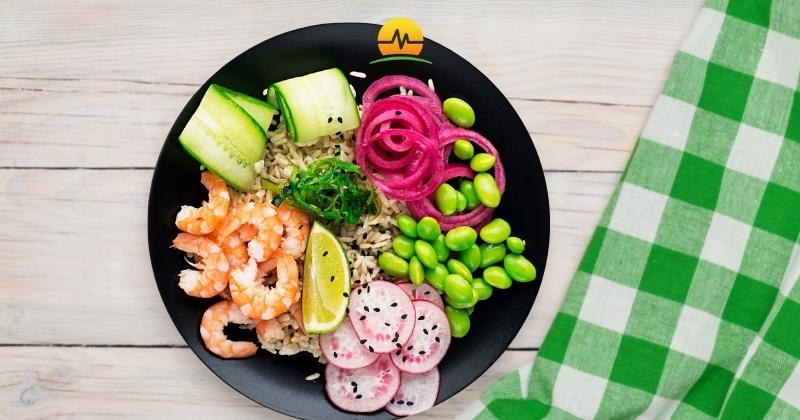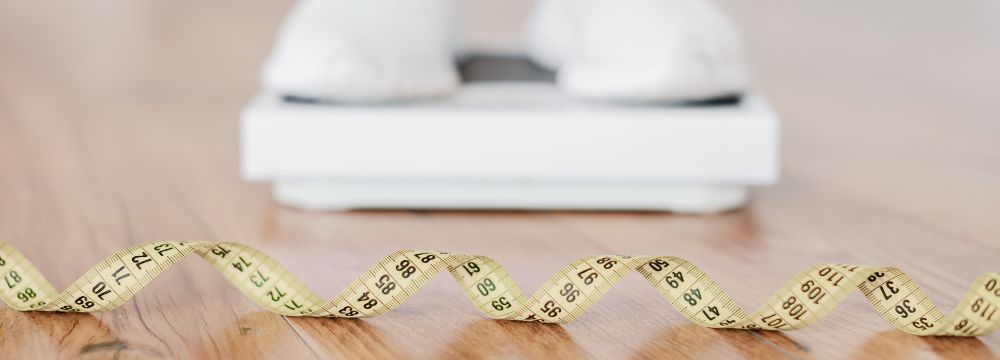So many of us are sick and tired of being overweight, obese, and ill. We may have lived with our diseases for years, decades or even our entire adult life. The stories we hear from our patients are all unique, varied and emotional. And even though bariatric surgery may be very daunting, one of the questions we are asked most frequently is what eating will be like after surgery. After all, we all love good food and it would be an absolute shame if we couldn’t enjoy what we eat for the rest of our lives.

We’re here to tell you that you have nothing to worry about.
The Reality of The Bariatric Diet
The reality is that the first 8-10 weeks after bariatric surgery, your diet will be tough. You start with clear liquids for a few days, full liquids for a couple weeks, soft foods for a couple more and then a modified solid diet before eventually returning to a normal diet. This is to let your stomach and intestines (if you have a gastric bypass or duodenal switch) recover from surgery. However, once you move to the long-term diet phase you can start getting really creative.
How Your Taste Buds Will Change
Unfortunately, the high sodium, high fat and high sugar diets that most Americans are now accustomed to has burned out our taste buds. It’s a never-ending cycle of overstimulation that requires more salt/sugar/fat for food and drinks to taste good. But the cycle can be broken, and bariatric surgery helps with that. After you pass the limited diet phase in the immediate post-op period, you will notice that you can taste much more vividly! More importantly, high sugar and high salt items are going to taste downright horrible. Fast food will be unpalatable and sugary cereals, canned soups and more will not give you satisfaction.
This is the time to take full advantage. Transition to dark leafy greens, whole grains, the myriad of lower sugar fruits and fresh proteins at your disposal at the supermarket. Look up recipes and use these ingredients to their fullest.
To that end, this is the time to experiment in the kitchen. Yes, it will be tough at first, especially if you aren’t a natural-born cook or if you have been accustomed to cooking the wrong things, but with practice, you’ll find your balance. You may even want to enroll in cooking school to hone your skills and take your home life to the next level. It is a great long-term skill to have.
It’s Not Just for You
If you have a family at home, and especially if they suffer from excess weight or obesity as well, this may be a great way to get them back on track. Children, in particular, can reap a lifetime of benefits and avoid tragic and heart-breaking early onset diseases by learning how to eat right.
And to that end, include your spouse and kids in your new affinity for cooking. It’ll be great for them, brings the family closer together and it gives them more control over their health and their lives.
A Note of Caution
A lot of us get caught out by restaurant eating. Unfortunately, restaurants have adapted to Americans’ lifestyles by adding more sugar, butter and salt to their dishes – not to mention massive portion sizes. Even if you are getting what looks like a healthy salad, soup or lean protein with veg, ask them to hold the dressing (on the side), minimize the sodium and drop the butter, respectively. It may not always be possible, but it’s good to ask.
Bottom line – we are all foodies; we all enjoy good food. But many of us rarely have it. The basis of good food is healthy, wholesome ingredients (it’s why garden fruits and vegetables taste better than the ones in the store) and a little magic and love in the kitchen. Don’t get discouraged – make the most of your diet, while maximizing your weight loss!!









